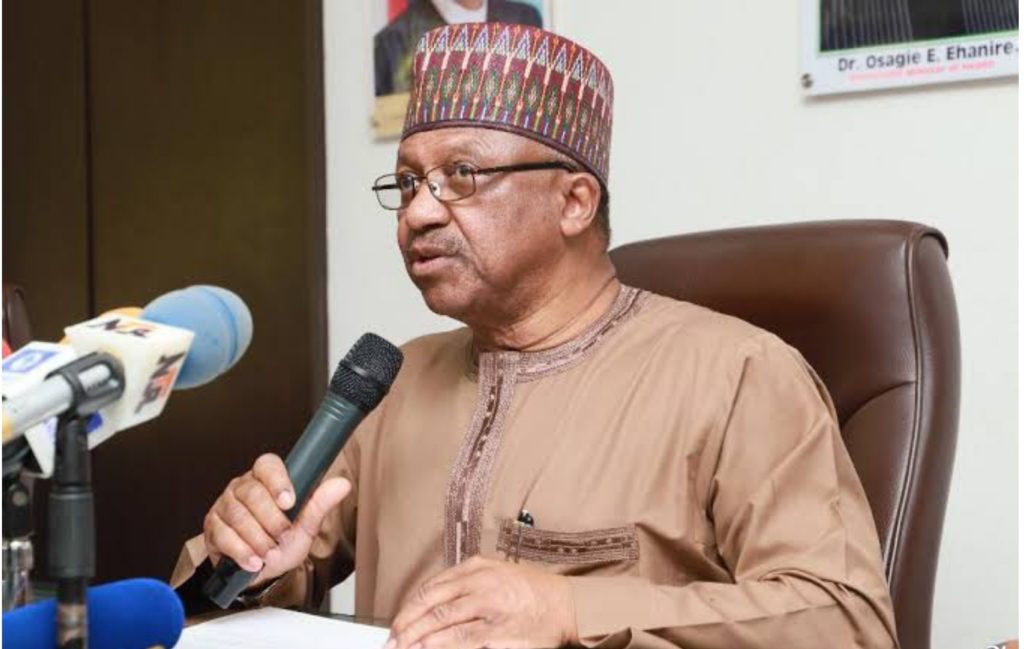The federal government says in the event of overflow in hospitals, hotels and schools will be used for isolating COVID-19 patients.
Speaking at the briefing of the presidential task force on COVID-19 on Thursday, Osagie Ehanire, minister of health, asked schools and hotels to be prepared.
Nigeria has confirmed a total of 8,733 COVID-19 patients and there have been complaints of inadequate bed spaces, especially in Lagos which has 4,012 patients, the highest in Nigeria.
Ehanire expressed optimism that the situation in Nigeria would not “experience horrific scenes of bed space shortages seen in some European hospitals”.
“We are, not surprisingly, worried about the increasing number of COVID-19 confirmed cases; first because every life matters, but also because of the capacity of our health system to cope,” he said.
“Nigeria presently has over 112 treatment and isolation centres in the 35 states and FCT with over 5,000 beds, but not all states have made it up to at least 300 beds prescribed for isolation and treatment.
“I had the privilege of commissioning one such centre yesterday, a re-purposed hospital in Benin City, Edo State, with 300 beds, including ICU and an Edo State owned PCR testing laboratory. We need to continue increasing bed capacity to match the probable number of patients, so that we do not experience horrific scenes of bed space shortages seen in some European hospitals.
“In event of overflow, we can require hotels and school dormitories to be prepared for level 1 (Quarantine) and level 2 Isolation (of COVID-19 positive with zero or mild symptoms), to free hospital beds to be dedicated to level 3, (moderate to severe cases) and level 4, (high dependency and intensive care unit).
“I therefore call on activists and philanthropists to work with state governments in concerted steps to scale up non-pharmaceutical measures and beef up infrastructural assets for isolation and treatment in their states.
“Though we are in the community transmission phase of response, easing social restrictions is desirable, but only if we can meet up with expectations that will not allow a spike in infection rates. This is what has led certain countries to reintroduce lockdowns. We are reviewing health sector specific advisories on re-opening the economy.”
